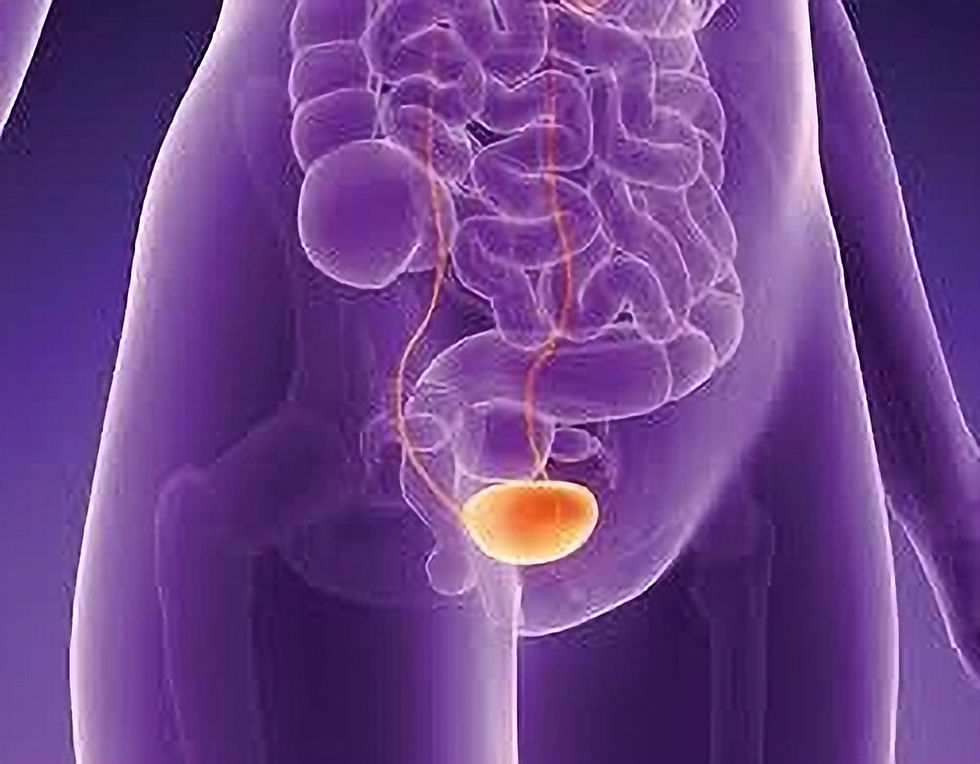Urogynaecology
Urogynaecology is a subspecialty of gynecology and urology that focuses on diagnosing and treating disorders of the female pelvic floor. The pelvic floor consists of muscles, ligaments, and connective tissues that support the bladder, uterus, vagina, and rectum. When these structures weaken or sustain damage, women may experience a range of conditions, including:
-
Urinary incontinence – involuntary leakage of urine due to stress, urgency, or overflow issues.
-
Pelvic organ prolapse – descent of pelvic organs (bladder, uterus, or rectum) into or outside the vaginal canal.
-
Overactive bladder (OAB) – frequent, sudden urges to urinate, sometimes with leakage.
-
Fecal incontinence – loss of bowel control leading to accidental stool leakage.
-
Chronic pelvic pain – persistent pain in the pelvic region, often linked to underlying dysfunction.
Urogynaecologists use various diagnostic techniques, including urodynamic testing, pelvic ultrasound, and physical examinations. Treatment options range from conservative approaches (pelvic floor exercises, lifestyle modifications, and medications) to minimally invasive procedures and surgical interventions such as vaginal mesh repair and sling procedures.
This field plays a crucial role in improving women’s quality of life by addressing conditions that impact daily activities, confidence, and overall well-being.

